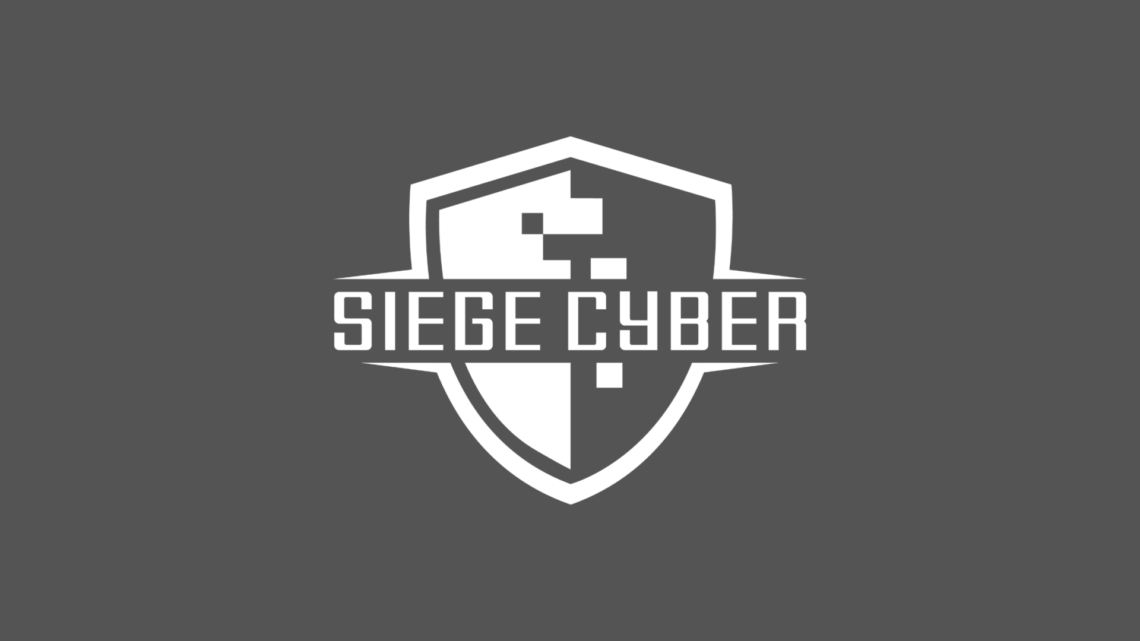
ISO 27001 Requirements: A Comprehensive Guide
ISO 27001 Requirements: A Comprehensive Guide
In today’s digital age, data security is of paramount importance. Organisations must take proactive measures to protect their sensitive information and ensure the confidentiality, integrity, and availability of data. This is where ISO 27001 comes into play. As a globally recognised standard for information security management systems (ISMS), ISO 27001 provides a framework for organisations to establish, implement, maintain, and continually improve their information security practices. In this comprehensive guide, we will delve into ISO 27001 requirements, their implementation, and the benefits they offer.
Understanding ISO 27001
ISO 27001 sets the benchmark for effective management of information security risks. It provides a systematic approach for organisations to identify, assess, and manage their security risks, ensuring the confidentiality, integrity, and availability of information assets. By implementing ISO 27001, organisations can instil a culture of security, mitigate vulnerabilities, and demonstrate their commitment to protecting sensitive data.
Implementing ISO 27001 not only helps organisations meet legal and regulatory requirements but also enhances their reputation, builds trust with customers, and provides a competitive edge in the market. Let’s dive into the core requirements of ISO 27001 and explore how organisations can achieve compliance.
ISO 27001 Requirements
ISO 27001 comprises several sections and clauses that outline the requirements for establishing an effective information security management system. Let’s take a closer look at each requirement:
Context of the Organisation
This section emphasises the understanding of internal and external issues that may impact information security management. Organisations need to identify their stakeholders, determine the scope of their ISMS, and assess the risks that could jeopardise information security.
Leadership and Commitment
Leadership plays a crucial role in driving information security initiatives. Top management should demonstrate their commitment by establishing an information security policy, assigning responsibilities, and providing the necessary resources to implement and maintain the ISMS effectively.
Planning
Effective planning sets the foundation for a robust information security management system. Organisations should conduct risk assessments, define security objectives, and develop plans to address identified risks and opportunities. This includes establishing risk treatment processes, controls, and contingency plans.
Support
The support section focuses on resources, competence, awareness, and communication. Organisations must ensure they have the necessary resources, both human and financial, to implement and maintain the ISMS. They should also provide training, promote awareness of information security, and establish effective communication channels.
Operation
This section covers the implementation of information security controls. It includes areas such as risk assessment and treatment, incident management, business continuity planning, and access control. Organisations should establish and document policies and procedures to manage these areas effectively.
Performance Evaluation
Continual improvement is a fundamental aspect of ISO 27001. Organisations must monitor, measure, analyse, and evaluate their ISMS’s performance regularly. This involves conducting internal audits, performing management reviews, and addressing non-conformities and corrective actions.
Improvement
Based on the evaluation results, organisations need to take corrective and preventive actions to address identified gaps and improve their ISMS continually. This includes identifying root causes, implementing necessary changes, and monitoring the effectiveness of these actions.
Implementing ISO 27001
Implementing ISO 27001 requires a systematic approach. Here are the key steps to guide you through the process:
- Define the Scope: Determine the scope of your ISMS, including the boundaries and applicability.
- Conduct a Risk Assessment: Identify and assess the risks that could impact your information security. This involves evaluating the likelihood and potential impact of each risk.
- Develop Policies and Procedures: Establish information security policies and procedures that align with ISO 27001 requirements and your organisation’s specific needs.
- Implement Controls: Implement the necessary controls to address identified risks and protect your information assets effectively.
- Train and Raise Awareness: Provide training and awareness programs to ensure your employees understand their roles and responsibilities in maintaining information security.
- Perform Internal Audits: Regularly conduct internal audits to assess the effectiveness of your ISMS and identify areas for improvement.
- Management Review: Conduct management reviews to evaluate the performance and suitability of your ISMS and make necessary adjustments.
While implementing ISO 27001 may pose challenges, organisations can overcome them with proper planning, engagement from top management, and the support of dedicated professionals. By following best practices, organisations can achieve compliance and reap the benefits of a robust information security management system.
Benefits of ISO 27001 Compliance
Compliance with ISO 27001 requirements offers numerous advantages for organisations:
- Increased Data Security: ISO 27001 helps organisations establish a comprehensive framework for protecting their information assets, reducing the risk of data breaches and unauthorised access.
- Enhanced Reputation and Trust: Demonstrating compliance with ISO 27001 enhances an organisation’s reputation, instills customer confidence, and builds trust among stakeholders.
- Legal and Regulatory Compliance: ISO 27001 assists organisations in meeting legal and regulatory requirements related to information security, ensuring compliance with relevant laws and regulations.
- Competitive Advantage: Achieving ISO 27001 certification can provide a competitive edge in the market. It demonstrates an organisation’s commitment to robust data security practices, which can attract customers and business partners who prioritise information security.
Conclusion
ISO 27001 requirements provide a systematic approach to managing information security risks and protecting sensitive data. By implementing ISO 27001, organisations can establish a strong information security management system, mitigate vulnerabilities, and instil a culture of security. Compliance with ISO 27001 offers tangible benefits, including increased data security, enhanced reputation, legal compliance, and a competitive advantage in the market.
At Siege Cyber, we understand the challenges organisations face in achieving ISO 27001 compliance. Our team of experts can guide you through the entire process, from initial assessment to certification. Contact us today to discover how we can help you safeguard your information assets and achieve ISO 27001 compliance.